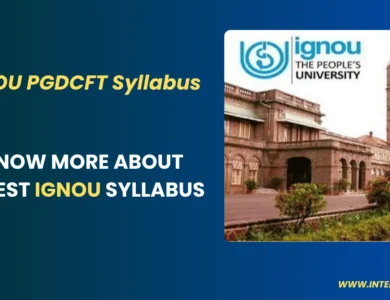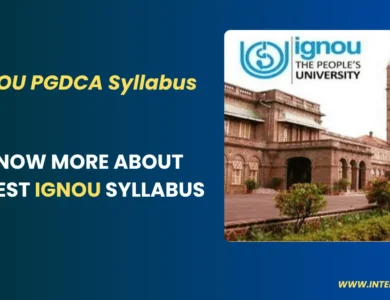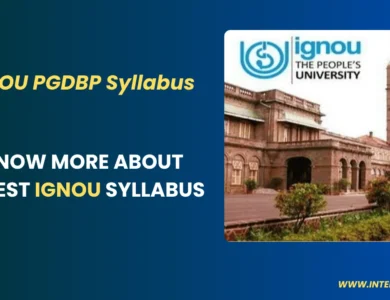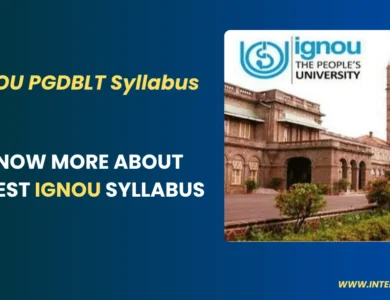IGNOU BAUDH Syllabus 2025
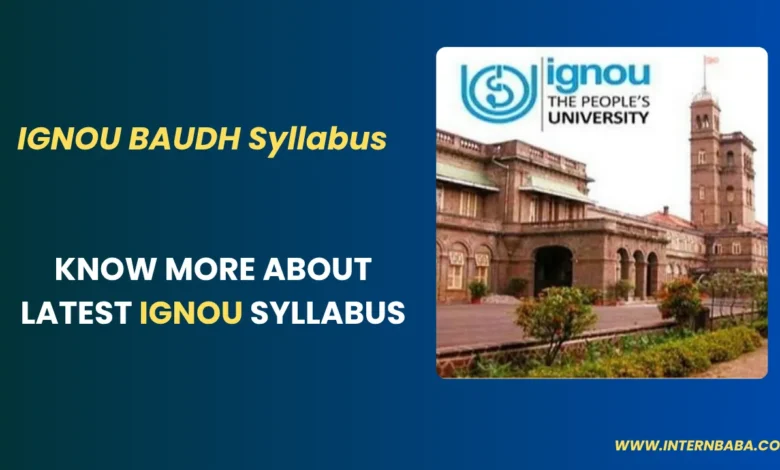
Planning to pursue a Bachelor of Arts in Urdu (Honours) from IGNOU in 2025? If yes, then you must understand the course structure and syllabus to make an informed decision. IGNOU’s BAUDH (Bachelor of Arts in Urdu Honours) program offers a credit-based curriculum that allows flexibility while ensuring academic rigour. Whether you’re a fresher, a working professional, or someone returning to studies after a gap, this comprehensive guide will help you navigate the IGNOU BAUDH Syllabus 2025 with ease. We have covered everything you need to know—from the semester-wise course layout to credit requirements, core and elective subjects, and commonly asked questions.
What is IGNOU BAUDH Programme?
The BAUDH program at IGNOU is crafted for students passionate about Urdu language and literature. This program aims to strengthen their literary knowledge and linguistic abilities through a structured and flexible distance-learning format. The curriculum includes a wide range of subjects like fiction, poetry, prose, drama, literary criticism, and language studies, designed to enhance both academic and practical knowledge in Urdu.
Program Overview:
- Program Name: Bachelor of Arts (Honours) Urdu
- Program Code: BAUDH
- University: Indira Gandhi National Open University (IGNOU)
- Total Credits Required: 148
- Duration: Minimum 3 years, extendable up to 6 years
- Medium of Instruction: Urdu
IGNOU BAUDH Syllabus Structure (2025)
IGNOU BAUDH follows a semester system, comprising six semesters over three years. Each semester includes Core Courses (CC), Ability Enhancement Compulsory Courses (AECC), Discipline-Specific Electives (DSE), Skill Enhancement Courses (SEC), and Generic Electives (GE). The variety ensures a holistic approach to learning.
Semester-wise Course Structure
| Semester | Course Code | Course Type | Course Title | Credits |
|---|---|---|---|---|
| I | BUDC-101 | Core | Study of Urdu Fiction | 6 |
| BUDC-102 | Core | Study of Urdu Nazm | 6 | |
| BLID-121 | AECC | English Communication | 6 | |
| BUDC-181 | AECC | Urdu Communication | 4 | |
| II | BUDC-103 | Core | Study of Urdu Ghazal | 6 |
| BUDC-104 | Core | Study of Modern Urdu Prose | 6 | |
| BUDC-182 | AECC | Study of Urdu Progressive Poetry | 4 | |
| III | BUDC-105 | Core | History of Urdu Literature (Part I) | 6 |
| BUDC-106 | Core | Study of Shah Waliullah | 6 | |
| BUDC-107 | Core | Study of Ghalib | 6 | |
| BUDC-108 | Core | Classical Urdu Prose | 6 | |
| BUDC-182 | AECC | Urdu Progressive Poetry | 4 | |
| IV | BUDC-109 | Core | Study of Sir Syed Ahmad Khan | 6 |
| BUDC-110 | Core | Study of Urdu Drama | 6 | |
| BUDC-111 | Core | Travel and Biography Writing | 6 | |
| BUDC-112 | Core | History of Urdu Language | 6 | |
| BUDC-184 | SEC | Techniques of Editing | 4 | |
| V | BUDC-141 | DSE | Study of Literary Movements | 6 |
| BUDC-142 | DSE | Study of Mirza Ghalib | 6 | |
| BUDC-143 | DSE | Study of Urdu Short Stories | 6 | |
| GE-Option | GE | (Any one from the list below) | 6 | |
| VI | BUDC-144 | DSE | Study of Meer Anis | 6 |
| BUDC-145 | DSE | Study of Urdu Drama | 6 | |
| GE-Option | GE | (Any one from the list below) | 6 |
Total Credits: 148
Core Courses Overview
The Core Courses are designed to provide a strong literary foundation and deepen your understanding of classical and modern Urdu works. These courses cover poetry, fiction, literary history, and criticism.
| Course Code | Course Title | Credits |
| BUDC-101 | Study of Urdu Fiction | 6 |
| BUDC-102 | Study of Urdu Nazm | 6 |
| BUDC-103 | Study of Urdu Ghazal | 6 |
| BUDC-104 | Study of Modern Urdu Prose | 6 |
| BUDC-105 | History of Urdu Literature (Part I) | 6 |
| BUDC-106 | Study of Shah Waliullah | 6 |
| BUDC-107 | Study of Ghalib | 6 |
| BUDC-108 | Classical Urdu Prose | 6 |
| BUDC-109 | Study of Sir Syed Ahmad Khan | 6 |
| BUDC-110 | Study of Urdu Drama | 6 |
Electives and Skill Enhancement Courses
Discipline Specific Electives (DSE):
- Study of Urdu Short Stories
- Study of Literary Movements
- History of Language and Literature
- Study of Major Urdu Poets
Generic Electives (GE):
- Gender Sensitization and Culture
- Public Administration
- Psychology and Media
- Sustainable Development
- Understanding Ambedkar
- Philosophy of Religion
Skill Enhancement Courses (SEC):
- Writing and Study Skills
- Techniques of Editing
- Application of Social Psychology
- Translation and Proofreading
IGNOU BAUDH Credit System Explained
The IGNOU BAUDH program operates on a credit-based system, with each credit representing 30 hours of student engagement, including study, activities, and assignments. You must earn 148 credits to be eligible for the degree. Courses vary in credit value: core subjects typically have 6 credits, while skill and ability enhancement courses carry 4 credits each. This modular design provides flexibility and enables better time management.
Benefits of Choosing IGNOU BAUDH
- Flexible Learning: Ideal for remote learners, professionals, and homemakers.
- Affordable: Economical education from a reputed national university.
- Recognized Degree: Valid for employment, further studies, and competitive exams.
- Quality Content: Updated syllabus aligned with UGC norms.
- Comprehensive Learning: Covers classical, modern, and contemporary Urdu literature.
FAQs about IGNOU BAUDH Syllabus 2025
1. What is the minimum and maximum duration of the BAUDH program?
Minimum duration is 3 years and maximum is 6 years.
2. How many total credits are required to complete the course?
You need to earn a total of 148 credits to be awarded the BAUDH degree.
3. Does IGNOU provide study materials?
Yes, IGNOU offers free printed and online study materials to all enrolled students.
4. Can students choose their electives?
Yes, students have the freedom to select Discipline Specific and Generic Electives based on their interests and future goals.
5. Is prior knowledge of Urdu necessary for enrollment?
Basic Urdu proficiency is recommended, but the program is designed to build your knowledge progressively.
By understanding the full structure and options available in the IGNOU BAUDH Syllabus 2025, students can make more strategic academic decisions. Whether you’re aiming for a career in teaching, writing, media, or higher education, this program builds a strong foundation in Urdu literature and language. Make sure to consult the official IGNOU portal regularly for updates and changes in the syllabus or credit requirements.


